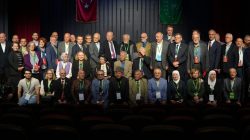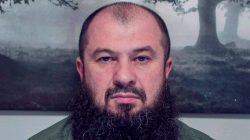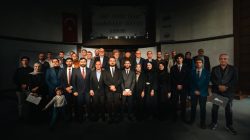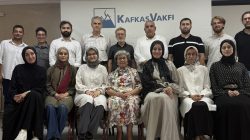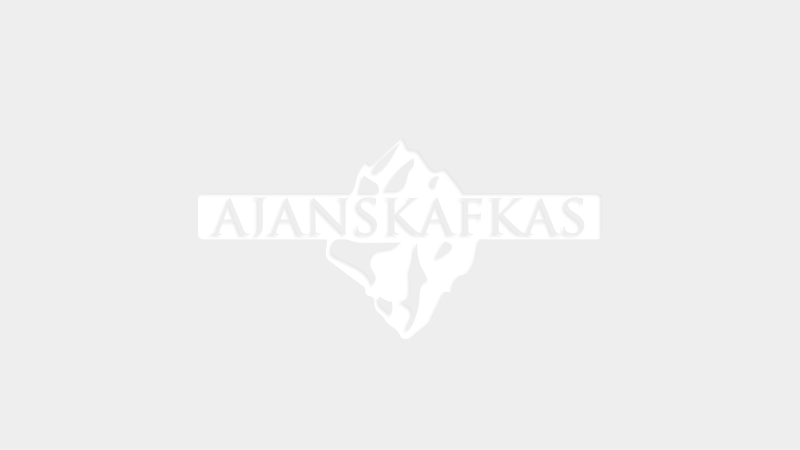
Nalchik/Agency
Caucasus
– A new move towards better handling of different religions came from President Arsen Konakov of Kabardino-Balkaria amid ongoing discussions about possible reasons behind the outbreak of 13-October-2005 Muslim youth uprising in the country against the then policies of systematic pressure.
The Kabardino-Balkaria parliament granted official approval to a set of plans introduced by the government to spend until 2010 as much as 98mn rubles in aid to the religious organizations and establishments of both Islam and Christianity.
First objection to the government’s introduction of its plans came from some parliamentarians and the Chief Public Prosecutor of the country, both, on the grounds that it would be against the federal legislation to supply official support to religious organizations. Some other parliamentarians argued that it would not be logical to construct new religious buildings when the country’s sports facilities were not in sufficient numbers. The government’s proposal was, however, adopted in the first round of voting.
Considered to be a type of antidote to radical ideologies, and aimed at creating a modest type of both Muslims and Christians, the government proposal has the following list of goals to achieve:
– The capital city of
–
– The emphasis will go to improving the educational levels of those who work in religious organizations. The country’s high schools will train specialists in religious studies. (Data available in the proposal say that only 15 of 157 imams are high-school graduates. The Religious Directorate is not, however, endowed with sufficient equipment to solve this problem.)
– There will be a study on the religious state of Kabardino-Balkaria. Students will take a course on the historical as well as cultural aspects of world religions.
– The workers of Religious Directorate will be financially promoted.
– A meeting will be held in
Kabardino-Balkaria has a total of 170 officially registered religious organizations, of which 121 belong to Muslims, 49 to Christians and one to Jews. As many as 30 other religious groups exist, though officially unregistered, in the country. The country has 130 mosques, 18 churches and one synagogue. There are 157 Muslim imams, 12 Christian priests and 1 Jewish religious leader. ÖZ/FT




